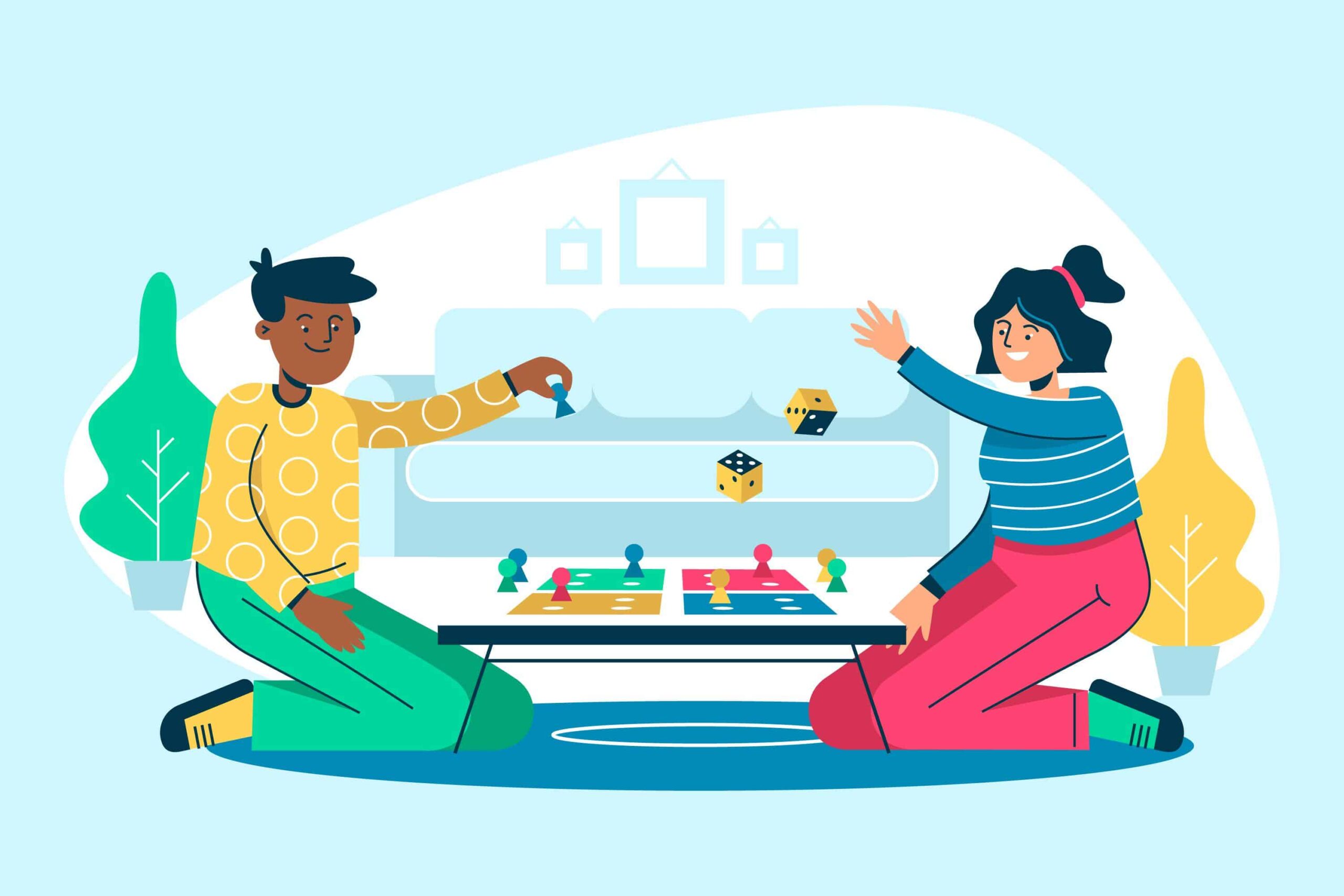Ludo Game Development Cost Breakdown: What You Need to Know Before You Build
Ludo, a timeless classic, has experienced a digital rebirth in recent years. With millions of users across the globe logging...

Ludo, a timeless classic, has experienced a digital rebirth in recent years. With millions of users across the globe logging in daily to play online with friends, family, or strangers, it’s no surprise that startups and gaming studios alike are eager to invest in building Ludo apps.
But before jumping head-first into development, one of the most critical questions you need to answer is: How much does it cost to develop a Ludo game app?
In this blog post, we’ll break down the factors influencing cost, what you should consider before hiring a team, and how to maximize your investment—especially if you’re looking to enter the competitive world of board game apps.
1. Understanding the Ludo Game App Structure
To estimate the cost of building a Ludo game, it’s essential to understand what goes into it. A standard Ludo app includes:
- A game board UI and design
- Dice roll animations
- Multiplayer game logic (local and online)
- AI opponents
- User profiles and sign-up systems
- Leaderboards and achievements
- In-app purchases or ad integration
- Backend services (matchmaking, chat, score tracking)
- Cross-platform compatibility (iOS, Android, Web)
When partnering with experienced board game developers, these components can be tailored to your vision, whether you’re building a minimal MVP or a feature-rich Ludo game.
2. Factors That Influence Development Cost
The total cost of Ludo game development services can vary widely depending on the following factors:
a) Game Complexity and Features
A simple Ludo app with basic online play and AI will cost significantly less than one with:
- Real-time multiplayer with chat
- Custom game modes
- In-depth player statistics
- Social media integration
- Live tournaments
More features = more time and resources.
b) Design & User Experience
A beautifully designed game keeps users engaged. Costs increase if you opt for:
- Custom illustrations
- Animated tokens
- Theme packs (e.g., Jungle Ludo, Sci-Fi Ludo)
While many board game developers can offer ready-made templates, custom designs are always an option—for a price.
c) Platform Choice
Do you want to launch on Android, iOS, or both? What about the web? Cross-platform development with tools like Unity or Flutter can save time and money, but each platform adds to testing and optimization requirements.
d) Backend Infrastructure
If your game includes real-time multiplayer, leaderboards, or cloud storage, you’ll need a reliable backend. The cost includes:
- Server setup and maintenance
- Database design
- Real-time data sync
- Admin panel/dashboard
Some Ludo game development services include backend solutions, while others require third-party tools or dedicated devops support.
e) Team Composition and Location
Hiring a freelance developer might seem cost-effective, but it often lacks long-term scalability and quality assurance. A professional studio or agency with a dedicated team of board game developers—including designers, developers, QA testers, and project managers—delivers better results, though at a higher price.
Location also affects cost. Teams in North America or Europe may charge $80–$150/hr, while equally skilled teams in India or Eastern Europe might charge $20–$50/hr.
3. Typical Cost Ranges for Ludo Game Development
Let’s break it down by project size:
App TypeEstimated Cost (USD)Basic Ludo Game (MVP)$8,000 – $15,000Mid-Level Game (Online Multiplayer + UI Polish)$15,000 – $30,000Full-Scale Ludo App (Multiplayer, Tournaments, Monetization, Custom Design)$30,000 – $60,000+
Keep in mind, these are ballpark figures. Final costs can change depending on the quality of your Ludo game development services provider and your specific requirements.
4. Hidden Costs to Watch Out For
Besides the core development costs, there are often hidden expenses that first-time app builders overlook:
- App Store Fees: Apple and Google charge annual developer fees and take a cut from in-app purchases.
- Marketing & Launch: Budget for promoting your game post-launch.
- Ongoing Maintenance: Bug fixes, server updates, and content refreshes cost money over time.
- Legal and Compliance: Privacy policies, GDPR compliance, and terms of service can require legal assistance.
Partnering with seasoned board game developers can help you anticipate and reduce these costs through proactive planning.
5. Cost-Saving Tips Without Sacrificing Quality
If you’re working on a limited budget, here are a few strategies to reduce development costs while still building a compelling game:
✅ Start with an MVP
Focus on must-have features first. Once your app gains traction, add advanced features in future updates.
✅ Use Pre-Built Assets
Instead of creating everything from scratch, use or license high-quality game assets.
✅ Outsource Smartly
Hire developers from regions with lower costs but strong portfolios in Ludo game development services.
✅ Opt for Cross-Platform Development
Using Unity or similar tools lets you build once and deploy across Android, iOS, and even the web.
6. Choosing the Right Development Partner
The success of your game doesn’t just depend on budget—it also hinges on the expertise of your development partner. Look for:
- A portfolio with Ludo or similar board games
- Strong reviews and references
- Transparent pricing and timelines
- A dedicated support and QA process
Trusted board game developers will work with you not just to deliver code, but to create an experience that players love.
Final Thoughts
Ludo has proven to be more than just a childhood favorite—it’s a digital sensation. With the right strategy and a clear understanding of costs, building a Ludo game can be a smart business move.
Whether you’re aiming to capture a niche market or create the next viral hit, investing in Ludo game development services from a reliable team ensures you’re not just building a game—you’re building a brand.






